Lesson 69 - Adverbs
You may have already learned a few adverbs already and not even known it. In past lessons, you have learned yoku, meaning often or well, hayaku, meaning early or quickly, and osoku, meaning late or slowly. All three of these words are adverbs, and if you notice, they all correspond with an adjective. These, for example, correspond with ii, hayai, and osoi.
That is because adverbs are adjectives that are just changed. For adjectives ending with i, you merely drop the i like you would if you were changing the tense, and add ku on the end. For na adjectives, such as kireiand benri, you would merely change the na to a ni. All adjectives always go in front of the verb, because that is what it modifies. Adverbs can also modify adjectives as well, such as the adverb sugoku, which comes from the adjective sugoi, or awesome. When sugoku and an adjective are put together, you form something like sugoku takai, which would translate to "awfully expensive" or "really expensive".
Let's go right into a conversation between Sariko and Kenji so you get the feel of how adverbs are used.
Sariko: Kenji kun no atarashii uchi o mite mo ii desu ka?
Kenji: Hai. Uchi wa machi no mukou ga arimasu.
Sariko: Sugoku tooi desu ne.
Kenji: Sou desu yo. Dakara densha de ikimasu.
Sariko: Watashi wa densha ni yoku norimasen.
Kenji: Naze desu ka? Hayai desu.
Sariko: Taitei arukimasu. Ashi ga joubu o narimasu.
Kenji: Omoshiroi desu ne.
Sariko: Arukimashou ka?
Kenji: Hai, arukimashou. Aa, mite! Sono tori wa takaku tonde imasu ne.
Sariko: Tori ga suki desu.
Kenji: Suki janai desu. Uchi no chikaku no tori wa urusai desu.
Sariko: Sou desu ka? Shou ga nai. Aa! Ano hito wa PURAMODERU o tsukutte imasu.
Kenji: Hikouki o tsukutte imasu. Joubu ni dekite imasu.
Sariko: Watashi wa kaitai desu.
Kenji: Demo sore wa takai desu. Okane ga arimasen.
Sariko: Sou ...
Kenji: Genki dashite kudasai. Boku wa kaimasu.
Sariko: Arigatou!
So let's see what they've said. Sariko begins with, "May I see your new house?" Kenji replies yes, but it is beyond town. Sariko says, "That's awfully far, no?" Kenji replies, "Yes, it is. So let's go by train." Dakarameans "so" or "therefore". Sariko replies, "I don't ride the train often." Kenji asks, "Why? It's fast." Sariko replies, "I usually walk. My legs become strong." Taitei is usually, joubu is strong, and narimasu is to become. Kenji replies that is interesting an they agree to walk. Kenji says, "Oh, look! That bird is flying high, isn't it?" Tobimasu means to fly. Sariko replies that she likes birds, and Kenji continues with, "I don't like them. The birds near my house are noisy." Sariko replies, "Really? It can't be helped. Oh! That person over there is making plastic models." Shou ga nai is a phrase that means "It can't be helped" or "That's life". Kenji replies, "He's making planes. They're strongly built." You've learned dekimasu as "can do" but when it's put as dekite imasu, it means to be done, be ready, or to be finished. Sariko says she wants to buy one and Kenji says, "But that's expensive. You don't have money." Sariko agrees sadly, so Kenji says, "Cheer up. I will buy it." Dashimasu means to bring out or come out, so Genki dashite means to basically "Cheer up". Sariko thanks him happily.
Vocabulary Review
すごく Sugoku- awfully/very
早く Hayaku- early/quickly
遅く Osoku- late/slowly
よく Yoku- often/well
無効 Mukou- beyond
だから Dakara- therefore
大抵 Taitei- usually
丈夫 Joubu- strong
なります Narimasu- to become
飛びます Tobimasu- to fly/jump/hop
しょうがない Shou ga nai- It can't be helped
できています Dekite imasu- to be done
出します Dashimasu- to come out/bring out
